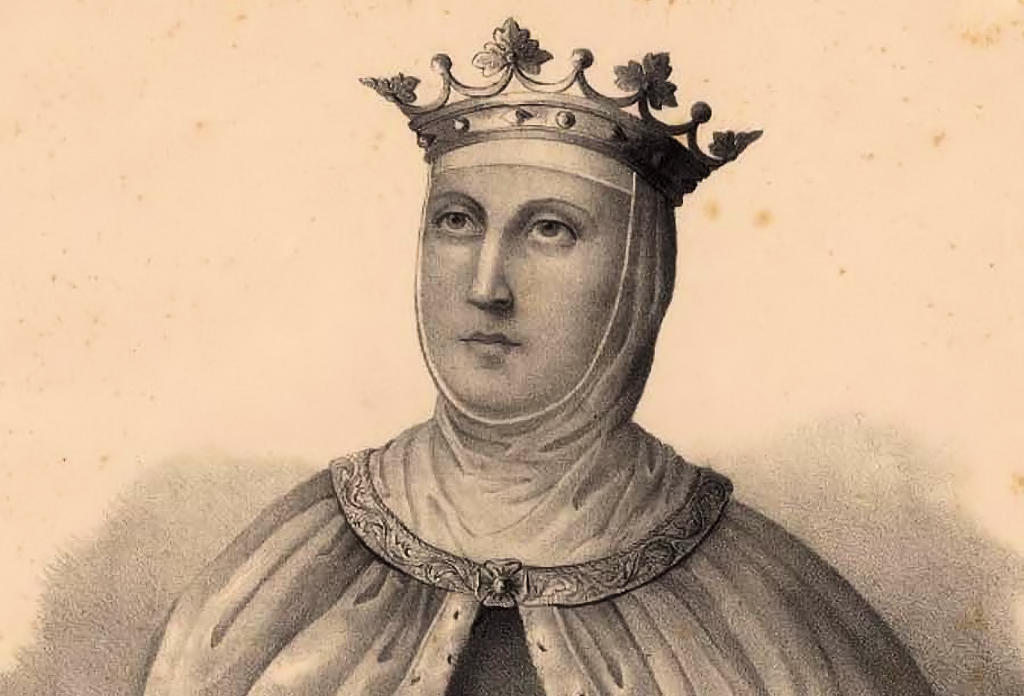Born between 1242 and 1244, Beatrice was the daughter of Alfonso X and his mistress Mayor Guillén de Guzmán. Her father, in an effort to secure the sovereignty of the Algarve, arranged her marriage to Afonso III of Portugal in 1253. However, this union faced resistance from the Portuguese nobility, and the monarch was already married to Matilda of Boulogne. Despite the controversy, Beatrice's marriage to Afonso III proceeded, and she assumed her role as Queen consort.
Throughout her husband's reign, Queen Beatrice exerted significant influence over the Portuguese court and played a pivotal role in fostering closer ties between Portugal and Castile. Her diplomatic efforts aimed to strengthen the relationship between the two kingdoms, contributing to political stability and cooperation. Beatrice's presence and guidance proved instrumental in bridging the gap between Portugal and Castile.
Upon the death of her mother, Beatrice inherited extensive estates in La Alcarria, including several towns and a monastery founded by her mother. This inheritance allowed her to exert control and provide protection to the Monastery of Santa Clara. Additionally, Beatrice showed unwavering support for her father, Alfonso X, during his dispute with her half-brother Sancho. She not only offered monetary and personal assistance but also received substantial land and titles from her father as a token of his appreciation.
After the death of her husband, Beatrice returned to Seville due to disagreements with her son, King Denis. However, she continued to remain involved in political affairs, demonstrating her commitment to the stability and prosperity of both kingdoms. Beatrice's loyalty to her family and dedication to diplomacy earned her respect and admiration among her contemporaries.
Queen Beatrice passed away on 27 October 1303 and was laid to rest at the Monastery of Alcobaça, a significant religious site in Portugal. Her legacy as a powerful queen, influential figure, and philanthropist endures through her contributions to diplomatic relations, her support for religious institutions, and her influence on the Portuguese court.
Queen Beatrice, despite her controversial origins, emerged as a remarkable historical figure. Her marriage to Afonso III of Portugal, her diplomatic efforts, and her philanthropic activities showcased her influence and commitment to the welfare of both kingdoms. Queen Beatrice's story exemplifies the complexities of medieval politics and the pivotal role played by influential women in shaping history. Her contributions and legacy continue to inspire and intrigue, leaving an indelible mark on Portuguese history.



